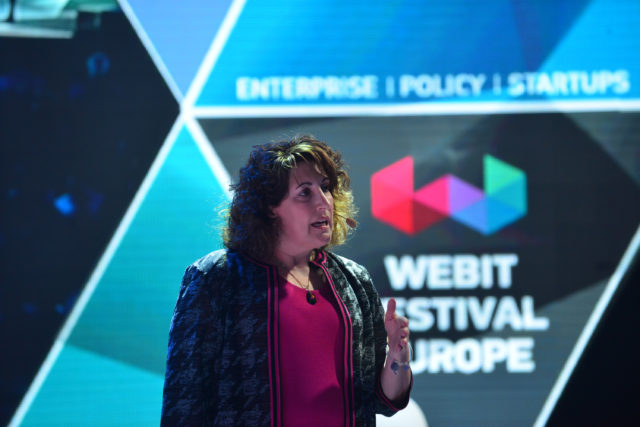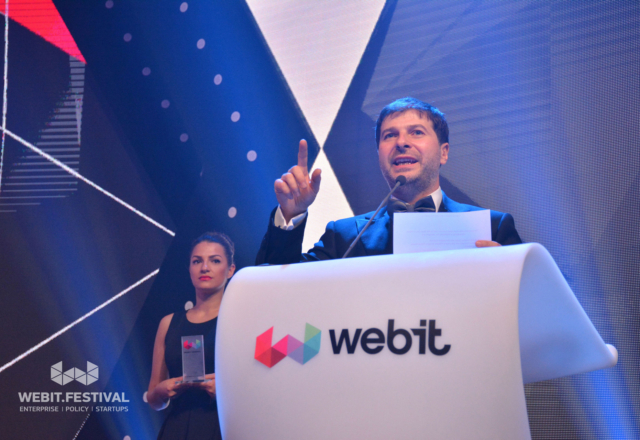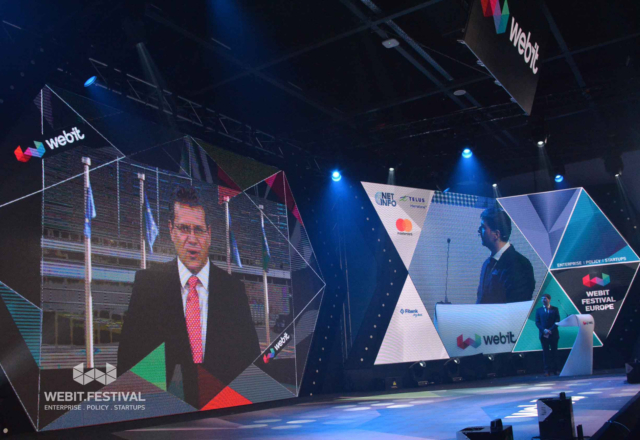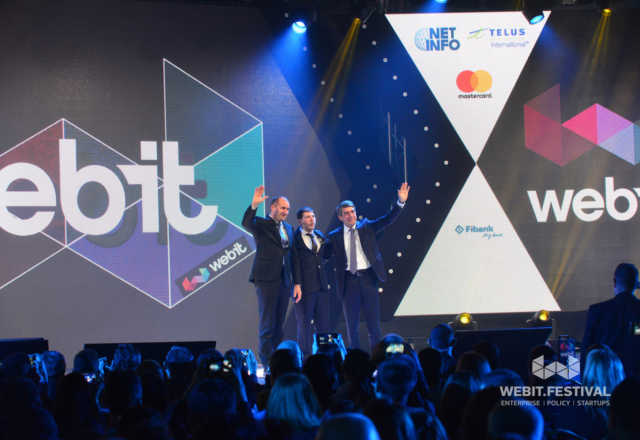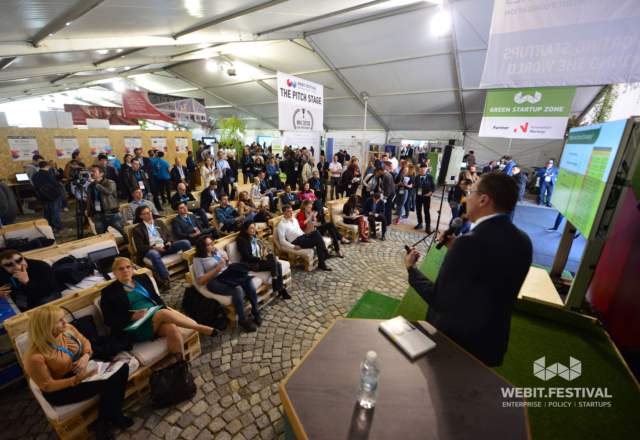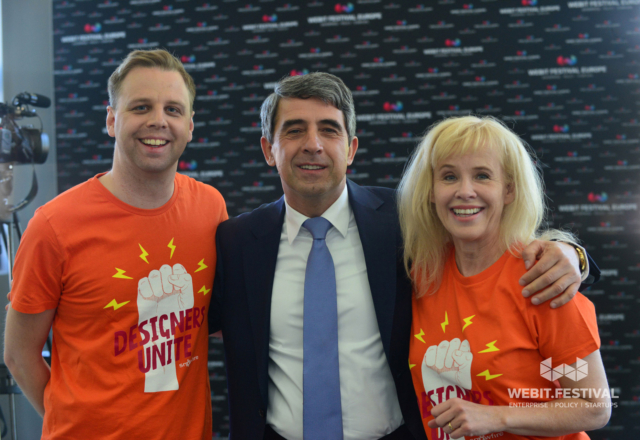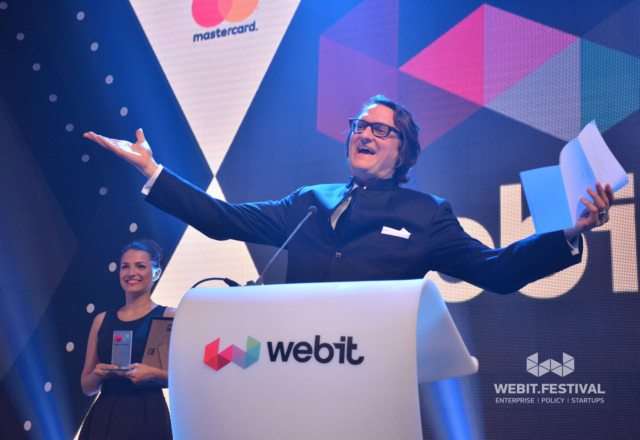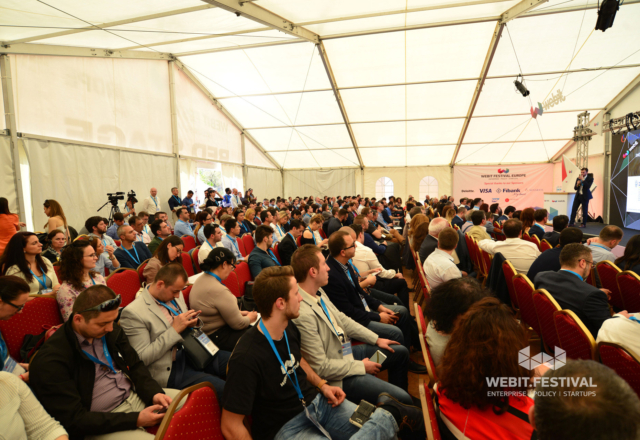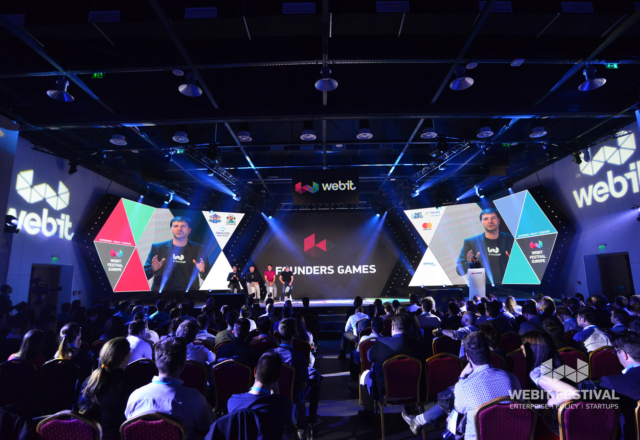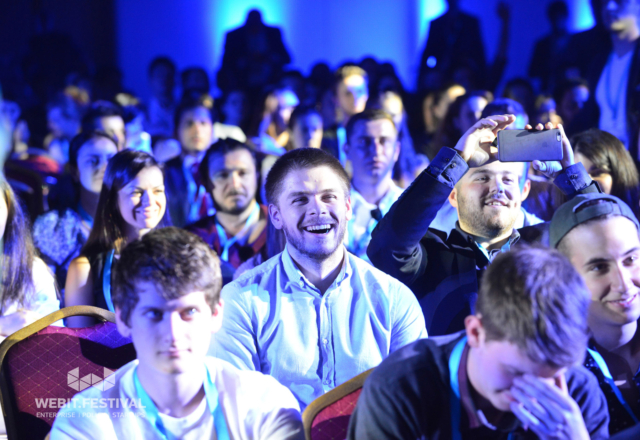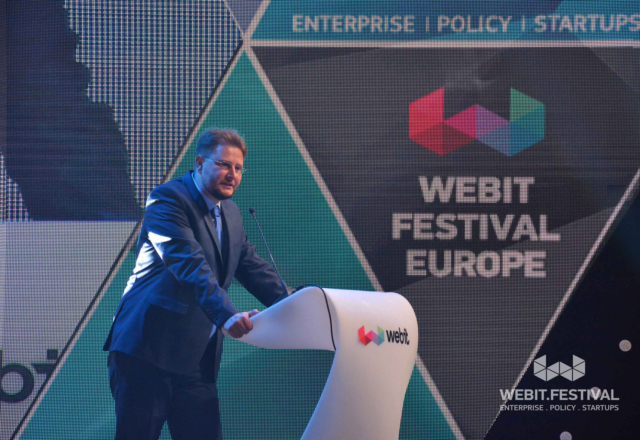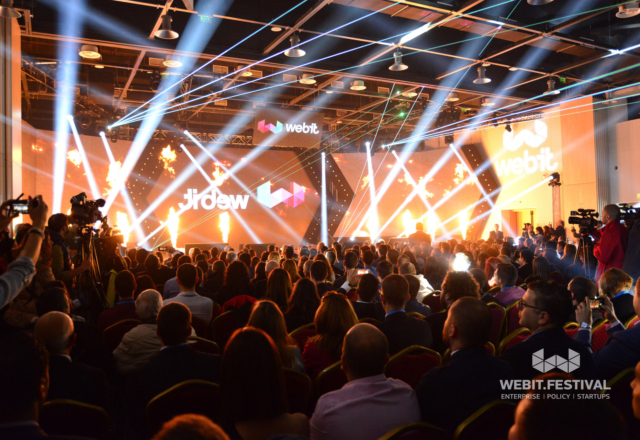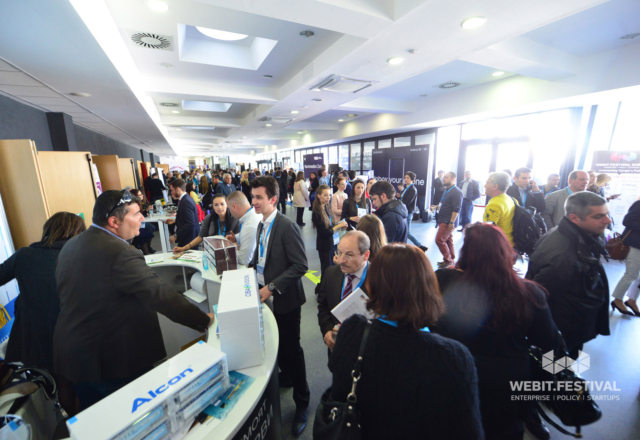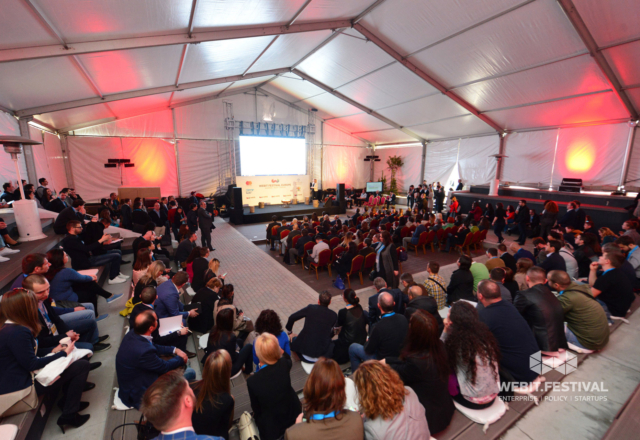In 1950’s it was estimated that the medical literature doubled every 50 years. By 1980 it was doubling every 3.5 years and by 2020 it will double every 73 days!
More than 8000 new medical articles come out every day. This makes impossible for clinicians to keep up with such volume of data. The information out there is unstructured and is coming in different forms and from different sources.
The only way our medical specialists can cope with the digital reality is with the help of artificial intelligence. During Webit.Festival Europe the Deputy Chief Health Officer for IBM Watson Health Dr. Lisa Latts explained how the latest technological advancements in this field will transform the world of healthcare in the next decades.
“We have made a lot of advancements in medical technology. Imagine the advancements we could have made if instead of just a fraction of data, we were able to access the entire lexicon of data that is available for an individual. Think what we could do and think of the price of not knowing”, she said.
Now, many patients are not able to get the right cancer treatment, because doctors don’t know the exact characteristics of the individual tumor. People with chronic diseases don’t have access to the right medicine, because their doctors don’t have their full medical history.
All of these cases are going to change with the help of Big Data. But first, experts, like the ones working in IBM, must deal with several challenges.
There are a lot of bad sources of data out there, so you need to be able to separate the true from false. Doctors have got data from medical records, laboratory data, medical literature, radiology data. So they need to be able to aggregate all those forms of information to get a complete picture of what is going on with an individual.
If we combine all these we will start to get to the true value of the data and start to really do things with it in terms of what we are delivering to an individual patient.
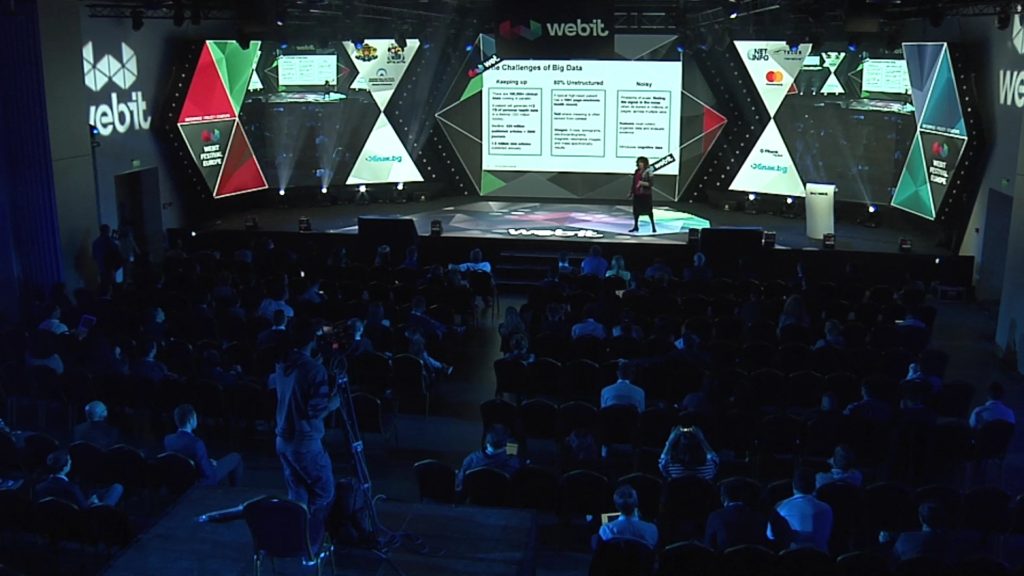
We are now in in the Third age of computer technology. The first age in the early 1900’s was the Tabulating systems era – computers that basically can do math and count. Then in the 1950’s we started with Programmable computers and we are still in that age today where we have computes that we can give a variety of information and tell them what to do with it.
There is so much information available now that it is impossible to program all the characteristics and all the possible programs. So that brings us to the Cognitive computers era. IBM Watson started to work on this in the early 2000’s and 15 years after that was the official launch of Watson Health.
A cognitive computer is different from programmable computer, because it can understand, reason, learn and interact. All of this allows Watson to harness entire bodies of data. It can actually read through the data it is fed to it.
“There is no way that a clinician can keep up with that amount of information, but Watson can. It can read million pages in a second and understand them. It can learn. So it will digest the data and will come up with evidence-based conclusions as a result. Those conclusions may or may not be right, so it takes humans to train Watson in terms of what is right and what is wrong. And it gets better and better over time”, Dr. Latts explained.
All this is possible thanks to the Watson Health Platform. It allows IBM to create an ecosystem, which can be used by developers within the company and outside. This has expanded to a network of collaborators and partners creating innovation across the world.
Lisa Latts is sure that artificial intelligence will not replace human doctors. Instead, the combination of humans and Watson creates augmented intelligence, that will help them focus on the fields they are better than the machine.
It will free up physicians and clinicians for what people and doctors do best – interactive communication. To do their job in the best way possible, physicians need to use interpersonal communication, compassion and to be able to abstract, generalize and dream. Meanwhile, cognitive computer systems are good at taking vast amount of data and come to conclusions.
All these factors are used to advance evidence-based care. Traditionally we say that in medicine it takes 17 years for a breakthrough to be translated into clinical best practice. But in the dynamic society we live in, we don’t have the luxury to wait that long any more.
Using a Watson-powered solution, clinicians аре quickly armed with evidence-based and ranked treatment options for their consideration. Recommendations based on the patient’s condition and medical evidence are available in approximately 30 seconds. A physician have to read 29 hours each work day to stay up-to-date with the latest medical literature. Watson needs only 3 seconds to read 200 million documents.
“Today we are working on a variety of solutions from cancer care to evidence-based care in a value-based care setting to life science. We, Watson Health, aspire to improve lives and give hope delivering innovation to address the world’s most pressing health challenges through data and cognitive insights”, Latts said.
You may watch her full lecture here:
If you want to keep up with the latest trend in the world of digital economy and technology, then Webit.Festival is the right place for you. Visit our website and book 2 of our Super Earlybird tickets for Webit.Festival Europe 2018 for just €100.
Feel the Webit vibe with some of the best photos from this year’s event!
